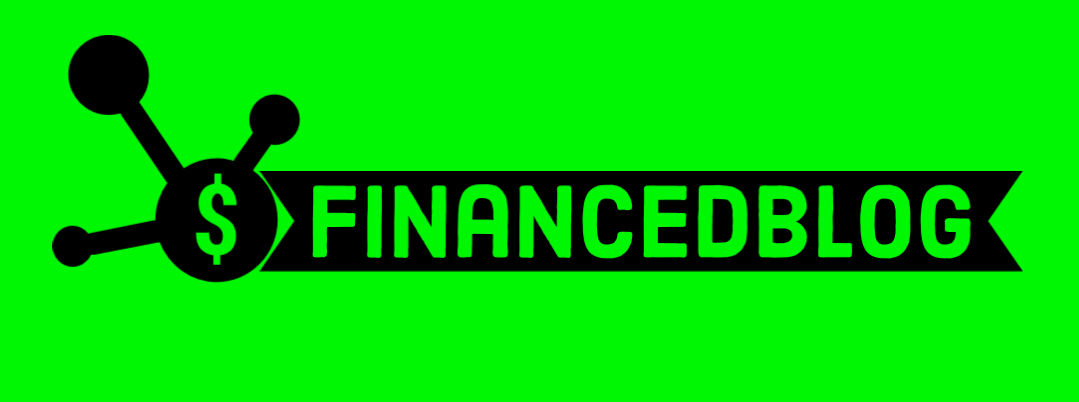Credit Cards – Tempting yet Risky!
The new-age transaction model has not only made the entire payment procedure paperless but also made it simple and accessible. Credit Cards happen to be just one of the ol’ players.
Let’s be honest, how many times have you been called by the banks to buy a new credit card, or that you are eligible for a free one? It would only be wise not to get into the numbers!
India is on a ‘digital payments’ rampage as the population of Internet Users grows.
That being said and depicted above, Debit Cards and Credit Cards are still some of the most prevalent means of e-commerce payments out of all the options.
However, Debit cards aren’t the same as Credit cards. Cash is debited from our bank account when we use a debit card. When we buy using a credit card, on the contrary, we are literally borrowing funds, which must be returned eventually as per a definite schedule.
But wait a minute, have you only recently started using a Credit Card?
Walking around with a credit card, eh? That must make you feel like a grown-up already, right?. Technically, it sure is a way of telling the world that you’ve turned an adult on paper.
But if you’ve recently landed your first job and are a first-time credit card user, the appeal of “free money” can be a heady trap. Swiping your card when the bank balance is untouched can lead to spending habits that you aren’t ready for.
And that often happens when you’re trying to depict a lifestyle to impress your peers or people you may know. So before you decide to try budgeting using a credit card, give yourself some time. Analyze your need to spend and figure out a pattern of your expenses.
After you have done the needful, see whether you can handle the responsibilities of credit. Only then should you consider credit cards. And if you pile up multiple credit cards, following up and paying for all those split expenses will drown you in a deep trench of problems.
Debt Traps are real and they do exist!
In simple words, a credit card is nothing but a loan. And banks usually make money when they impose penalties and additional interest the moment you delay your payments.
And falling behind the schedule to make payments isn’t a good place to be in. It becomes a cakewalk to end up in a vicious cycle of debt. Let’s say you swipe your credit card on the 17th of January. And your billing cycle is on the 15th of every month. So, the bank sends you the statement on the 15th of February.
So, you usually have another couple of weeks before the payment becomes due. In effect, you’re getting an interest-free loan for 45 days. Convenient enough?
When you log in to your bank’s portal to make the payments, you see that there’s something called the ‘minimum amount due’ or MAD. Check it next time you make a payment if you haven’t noticed it yet. Usually, that’s what is highlighted as the first option in many cases. The amount seems reasonable because it’s usually like 5% of the money you actually owe.
So you pay just that and feel happy. But that’s just the tip of the iceberg.
What happens to the rest of the money you owe the bank? Well, you’re going to be charged interest on that amount. And that’s usually at a whopping 30–40% rate of interest per year! Also, you lose your interest-free credit privileges and every purchase you make from then on starts attracting a charge.
So if you keep paying only the MAD, well, the amount you owe the bank will shoot up significantly.
The acronym— MAD— fits into the mold, doesn’t it?
Isn’t Credit Score an aspect you are concerned about as well?
Credit cards are often the stepping stone to creating a good credit history. But it can work pretty much in reverse as well.
Each credit card owner is given a certain limit and you can borrow as much. However, if your limit is set at Rs 1 lakh and you’re constantly maxing it out, it will set a bad impression on the credit scoring companies.
You should resist exceeding your credit card’s maximum debt capacity since you would have to pay the entire payment promptly. Now, if you miss the deadlines or the interest-free duration, your Cibil Score may suffer, and your subsequent request for a fresh credit card may be denied. Moreover, when it’s time for you to apply for an education loan or a home loan, the bank will not look at you too kindly.
Never let a Credit Card and an ATM get married!
Let’s say you have neared a month’s end and you decide to ditch your debit card and rather walk around with only a credit card. If you feel the need, sure, swiping your credit card is usually fine, so long as you know you aren’t going to delay the payment.
But what if you need hard cash? You could go to an ATM to withdraw money using a credit card, no? Don’t do it!
Let. There’s a “cash advance fee” of 2.5–3% on the value every time you withdraw cash. But more importantly, you have to remember that you don’t get an
interest-free period. In fact, there is no period at all. The moment you withdraw cash using your credit card, you are charged an annual interest rate that’s typically over 30%. It’s a lot!
So there you have it, just a few pointers to keep in mind whether you’re using a credit card for budgeting or you’re just using one to feel more like an adult.
Now, you know that Credit cards are quite popular for a variety of reasons and the services they provide. Anyway, you should also know that your credit card may even include insurance coverage as an added bonus. The kind of insurance and the degree of protection varies from insurer to insurer and card to card.
If you need any help with understanding your insurance from whichever standpoint or want to simply ask about the options in the market, talk to Ditto’s advisors today!
Ditto offers free insurance-based consultations, answers your queries, and helps you choose your policy wisely.




